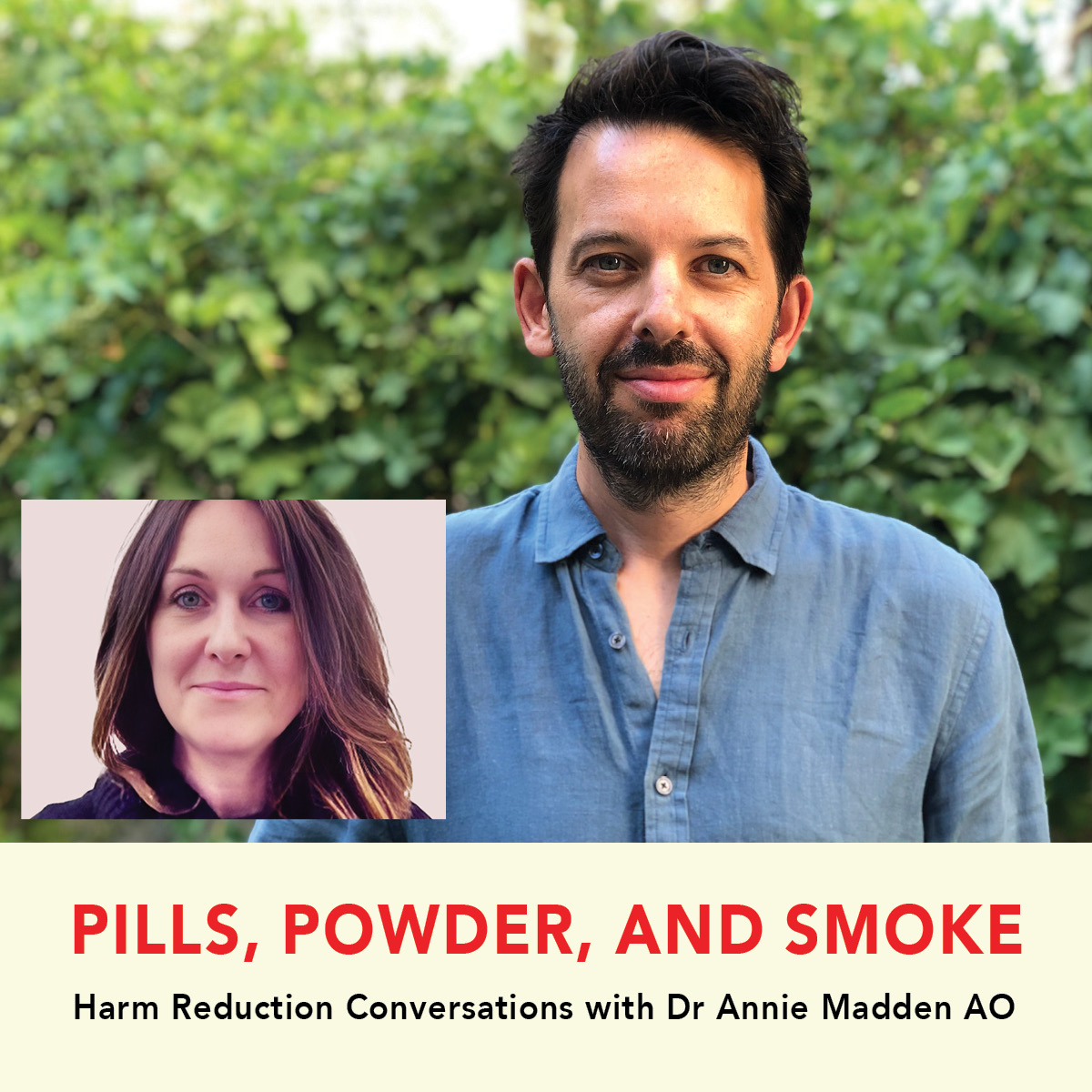-
Synthetic Opioid Detected in Broadmeadows Deaths – Time for Action to Prevent Further Deaths
Police investigating the deaths of four people in Broadmeadows on 25 June 2024, have now revealed that a synthetic opioid was detected in the bodies of all four people. Investigations are ongoing, and although Victoria Police have ruled out fentanyl, they have confirmed that preliminary tests found the presence of a synthetic opioid. […]
-
HRA talks with Antony Loewenstein
HRA’s CEO Annie Madden spoke with renowned author Antony Loewenstein about the future of drug policy in Australia and around the world. […]
-
New Report Exposes Chronic Under-funding of Life Saving Harm Reduction Services
Executive Director, Dr Annie Madden AO said “this first report in the ‘drug budget’ series in over a decade exposes the ‘clay feet’ of Australian drug policy. For decades Australian governments have sold the lie that Australia’s National Drug Strategy is based on a balanced approach to addressing illicit drug use across supply, demand and harm reduction approaches. […]
-
Victorian medicinal cannabis patients will be allowed behind the wheel to test road safety
The Australian Legal Alliance (ALA) has also called for the prosecution of medicinal cannabis patients who are driving while unimpaired to be paused while the trial is undertaken. ALA national president Shaun Marcus said drivers were being prosecuted merely for having a substance in their body rather than potentially dangerous impaired driving. […]
-
Experts Sign Open Letter To Legalise Drugs In New Zealand
Today, a new organisation, Harm Reduction Coalition Aotearoa (HRCA) launched with the submission of an Open Letter to Prime Minister Christopher Luxon, signed by a plethora of professors, academics, researchers, clinicians, health professionals, NGO workers, drug consumers, and members of the public calling for the legalisation and regulation of all drugs. […]
-
‘A complete 180’: how a trial treatment in Sydney for heroin addiction is changing lives
Hydromorphone is offered as a strong form of pain relief for some hospital patients. Someone with no tolerance might be administered 2 mg at a time. People using it as a pharmacotherapy to wean themselves off heroin could work their way up to taking 200 mg in a single dose. Sydney’s hydromorphone trial is overseen by Prof Nadine Ezard, the…
-
Pill testing ‘essential’ for saving lives
The first of those trials of drug checking in Australia was conducted at the Groovin’ the Moo music festival in 2018, by a group that came to be known as Pill Testing Australia (PTA). The story of how that happened is discussed elsewhere (here) but “how” we do it is a matter of record. […]
-
Heroin user says government putting politics above lives in scrapping second injecting room
A long-term heroin user says injecting rooms save lives and the Victorian government has put politics above the health and safety of citizens by scrapping a second injecting centre in Melbourne. […]
-
End use of drug dogs, reduce police presence at future Mardi Gras: study
Associate Professor Vicki Sentas from UNSW Law & Justice says policing outside the Domain Dance party, the Mardi Gras after party and the closing ceremony Rainbow Republic during World Pride events in 2023 was characterised by invasive questioning of patrons, a dubious use of drug detection dog patrols, humiliating and potentially unlawful searches, and instances of use of force. […]
-
Safe injecting room in Melbourne’s CBD rejected by Victorian government
A proposed safe injecting room to be based in Melbourne’s CBD has been rejected by the Victorian government, which claimed it could not find an appropriate location for it. […]





